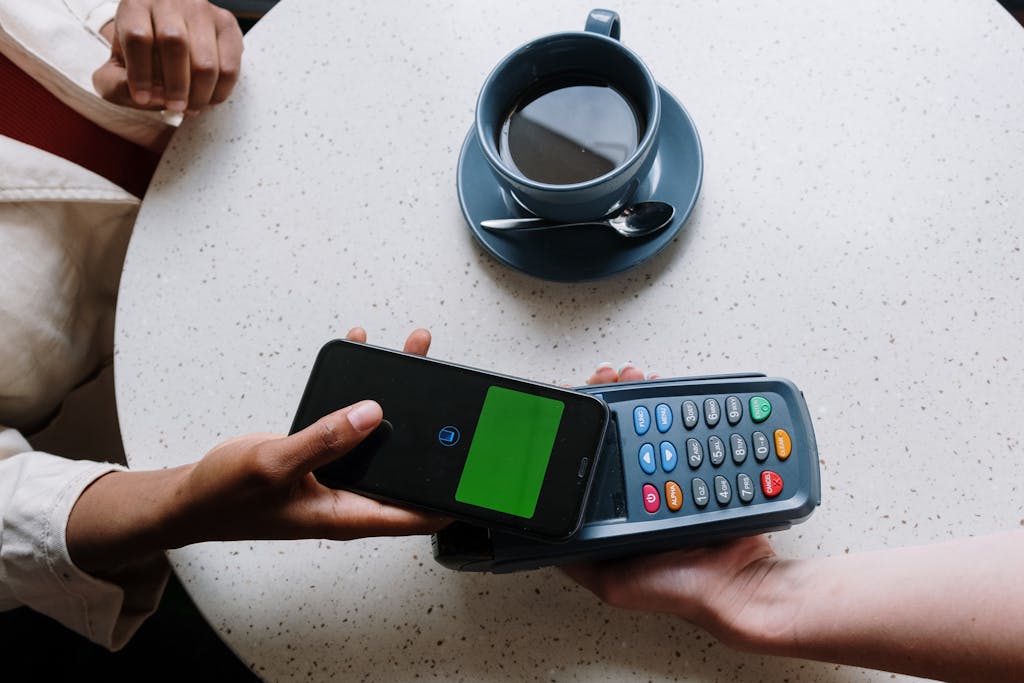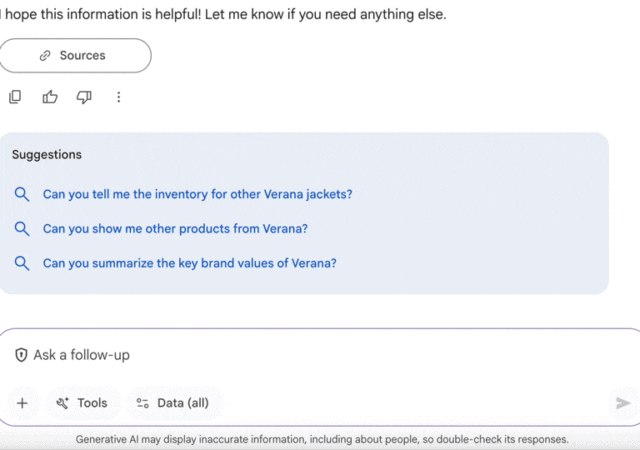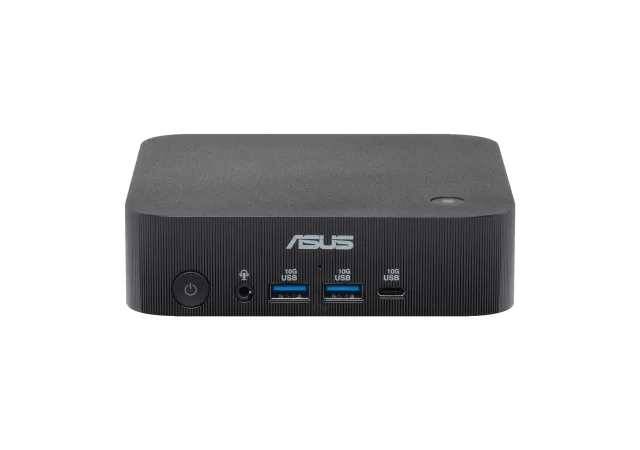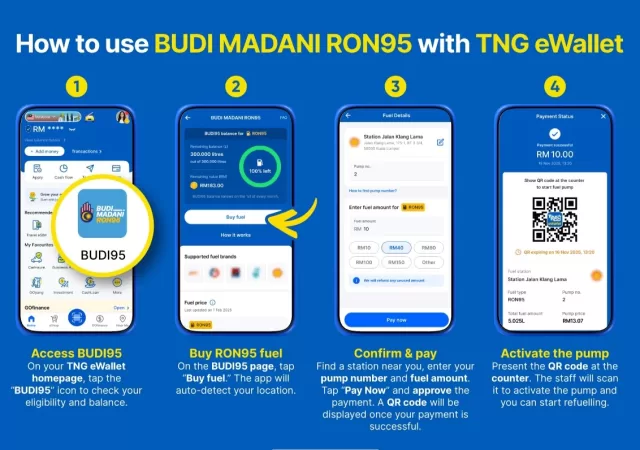For years, Apple has faced criticism for its walled garden approach, particularly regarding its Near Field Communication (NFC) technology. Used for contactless payments through Apple Pay, NFC access on iPhones has been exclusive to Apple devices. However, a recent development suggests a significant shift. Facing a potential antitrust fine from the European Union (EU), Apple has agreed to open up its NFC technology to third-party developers.
The EU Flexes Its Muscle
The European Commission launched an antitrust investigation into Apple Pay in 2021, accusing the tech giant of abusing its dominant market position by restricting access to NFC. This essentially limited how other mobile wallets could interact with contactless payment systems. The EU argued that Apple’s practices stifled competition and ultimately harmed consumers by limiting their options.

The potential consequences for Apple were significant. The EU can impose hefty fines on companies found guilty of antitrust violations, with fines reaching up to 10% of a company’s global annual revenue. Facing this financial pressure, Apple opted for a strategic move – opening up its NFC technology to appease regulators and avoid a potential billion-dollar fine.
How will this affect end users?
So, what does this mean for consumers? The short answer is more choice and potentially more innovative mobile payment solutions. With access to Apple’s NFC tech, third-party developers can now create mobile wallets that seamlessly integrate with contactless payment systems. This could lead to a wider variety of mobile wallet options, catering to different needs and preferences. It can also open up possibilities to use your iPhone as an access card and more.
For example, imagine a mobile wallet app that integrates loyalty programs or offers additional financial services alongside contactless payments. The possibilities are exciting, and increased competition could ultimately benefit consumers by driving innovation and potentially lowering transaction fees.
It’s important to acknowledge that Apple’s decision isn’t purely altruistic. While the EU probe undoubtedly played a role, Apple likely recognized the potential benefits of opening up access to the iPhone’s NFC. By allowing third-party integration, Apple can potentially expand its reach beyond its own device ecosystem. Imagine a scenario where Android phone users can leverage the iPhone’s secure NFC technology for contactless payments within their existing mobile wallets. This could introduce a whole new segment of users to Apple Pay, potentially strengthening its market position in the long run.
Exciting Possibilities Ahead as Third Parties Gain Access to the iPhone’s NFC
The opening up of the iPhone’s technology marks a turning point in the mobile payment landscape. While the full impact remains to be seen, it has the potential to foster a more competitive and innovative environment. Consumers can expect more choices, while developers can explore new functionalities within mobile wallets. This ultimately benefits everyone, driving progress and pushing the boundaries of what’s possible in the realm of contactless payments.
It’s important to stay tuned for further developments. While Apple has agreed to open up the iPhone’s NFC technology, the specifics of implementation and the timeline remain unclear. Additionally, it will be interesting to see how third-party developers leverage this new access and how Apple itself adapts its mobile payment strategy in response to a more open ecosystem.






